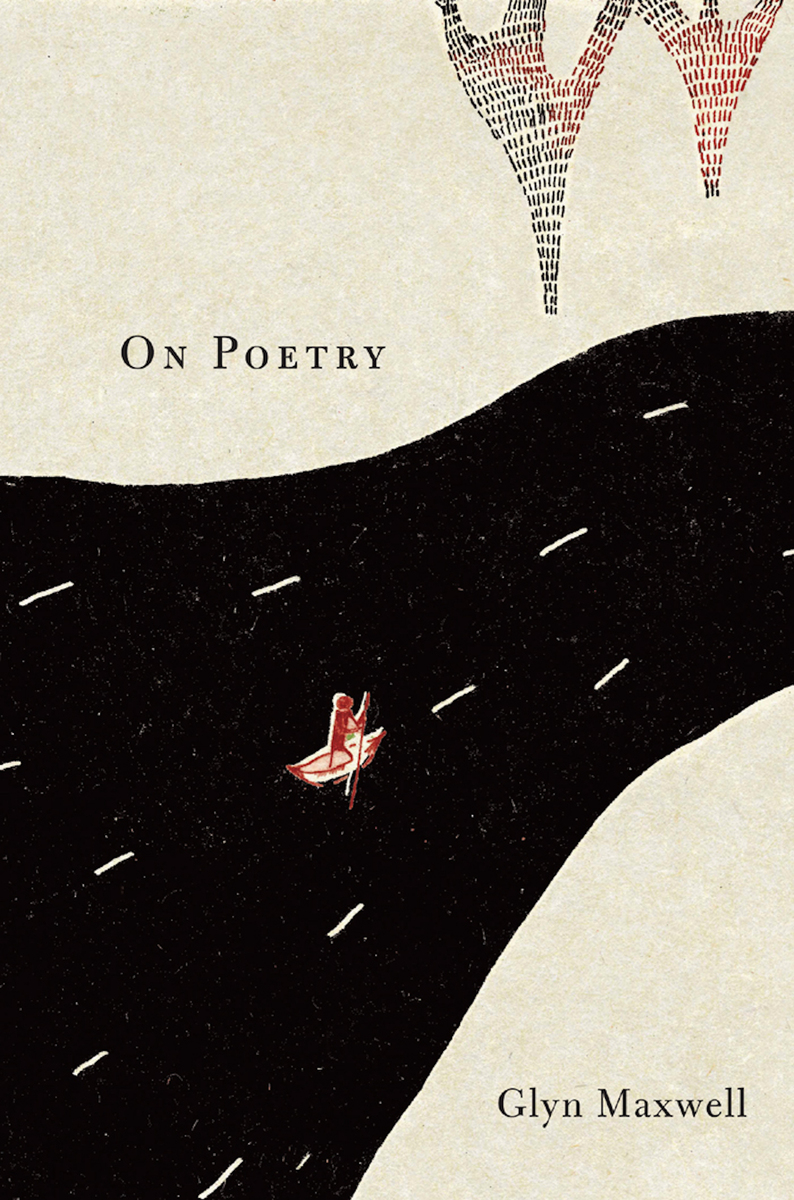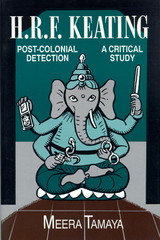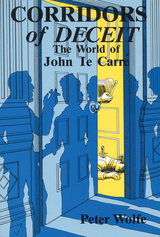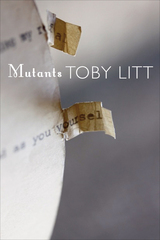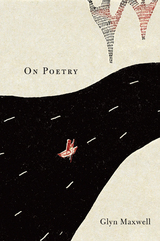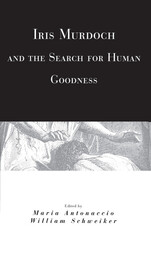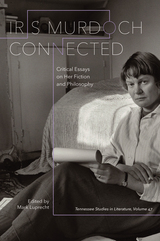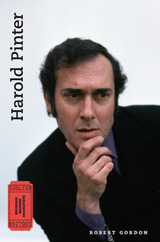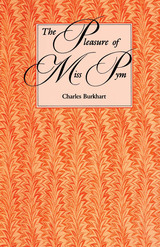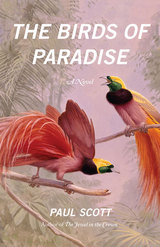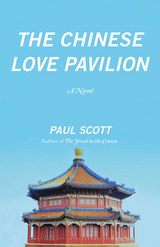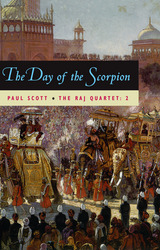Defiantly and exhilaratingly poetic… I like the urgency and stringency of Maxwell’s advice, and it should be useful to students coming to a poem, providing a set of keys to allow them entry… If the book is witty, and occasionally glib, it’s also profound… Arguing with this book is part of the joy of it: it’s provocative and opinionated and personal and urgent; by turns good-humored and intemperate; and full of earned advice on the writing and reading of poems.
-- Nick Laird New York Review of Books
Glyn Maxwell’s effusive little book On Poetry is one of the best guides I have ever read to the greatest and most intimidating of all the literary forms. Maxwell is himself a poet and he wears his expertise confidently but casually. He takes on daunting, recondite concepts and elucidates them stylishly and personably, in the same spirit by which Roger Fry demystified the Post-Impressionists and Julia Child universalized the Quiche Lorraine… On Poetry…navigates a welcoming middle path between hidebound tradition and the free-for-all of formlessness. It reminds us that although only a select few are called to be Poets, reading, writing, and loving poetry is for anyone.
-- Sam Sacks Open Letters Monthly
Occasionally mad but very interesting.
-- Wendy Cope The Observer
[This] is a tremendously good book, and should be read by anyone who writes poetry and anyone who’s interested in how and why poetry is written… It’s a master class in close reading and close writing—that is, in paying proper attention to the weight of words and their various shades of meanings, to their musical value and how one word affects its neighbor… This is the best book about poetry I’ve ever read; certainly the only one that’s made me laugh out loud. Maxwell’s students are lucky to have him, and so are the rest of us.
-- Adam Newey The Guardian
A wee gem of a book, essential reading for anyone who reads or writes poetry.
-- Alan Spence The Scotsman
Poet Maxwell offers a refreshingly astringent, deeply personal, and forceful argument about what poetry is—and is not… Maxwell’s observations and exercises will be useful for all aspiring writers. An outstanding addition to the how, what, and why of poetry.
-- Michael Autrey Booklist
This wonderful new book by respected poet and dramatist Maxwell presents an inspiring how-to as well as a strong defense of poetry as a craft. The work reads as a prose poem in celebration of poetry… With an eye for how the poet brings life to words on a page, the author guides the reader through the importance of form and sound, thus teaching how a poem breathes. Each of the six chapters explicates a different poetic element…with a clarity of vision and delightful examples sure to engage poets, readers, and writers alike… Maxwell’s intelligent, conversational approach is exhilarating in its openness and breathtaking in its insight into the art of writing poems; a highly recommended book for all readers, teachers, and students of poetry.
-- Herman Sutter Library Journal (starred review)
A playful, challenging, provocative, and always surprising explication of the formal elements of poetry… [Maxwell] provides new ways of seeing the formal dimensions of poetry, whether canonical examples, his own works, or fresh-out-of-the-writing-workshop exercises… Required reading for anyone genuinely interested in contemporary poetry.
-- M. F. McClure Choice
The most compelling, original, charismatic and poetic guide to poetry that I can remember. A handbook written from the heart by one of the true modern masters of the craft.
-- Simon Armitage
A wry, learned, immensely helpful running commentary on teaching young poets to write.
-- Rachel Hadas
What’s particularly delightful here is the author’s pleasure in skewering the lazy standards and attitudes of the day. Passionate and witty, it takes the young writer to the heart of the matter.
-- J. D. McClatchy
